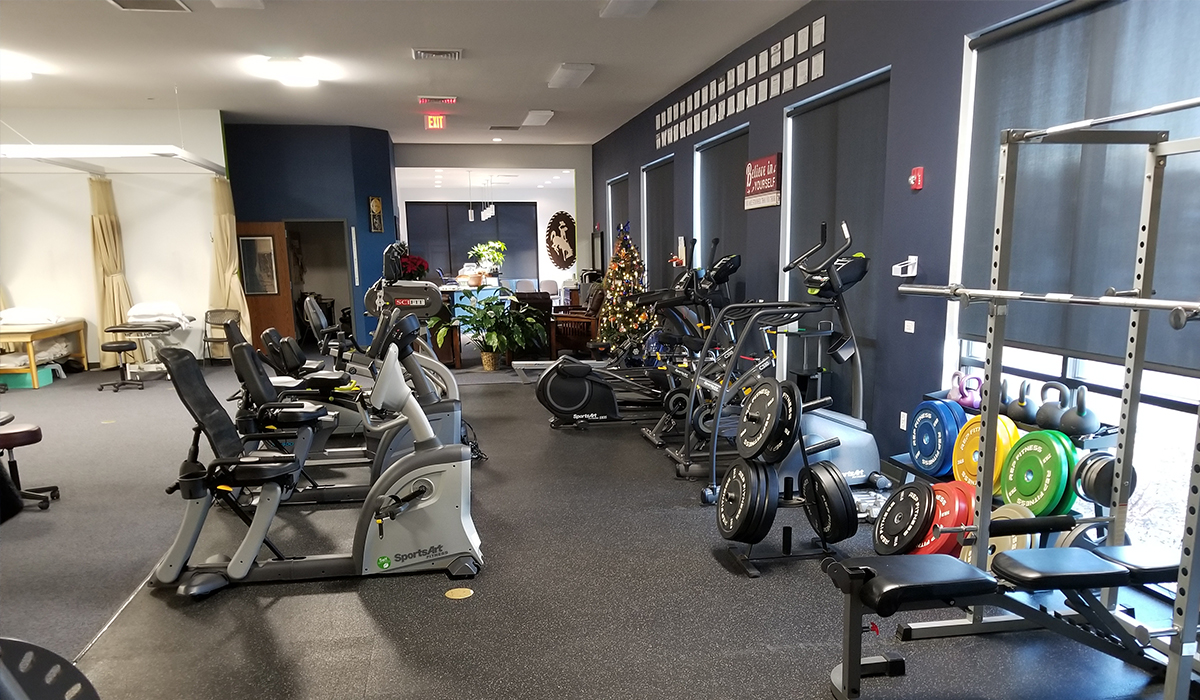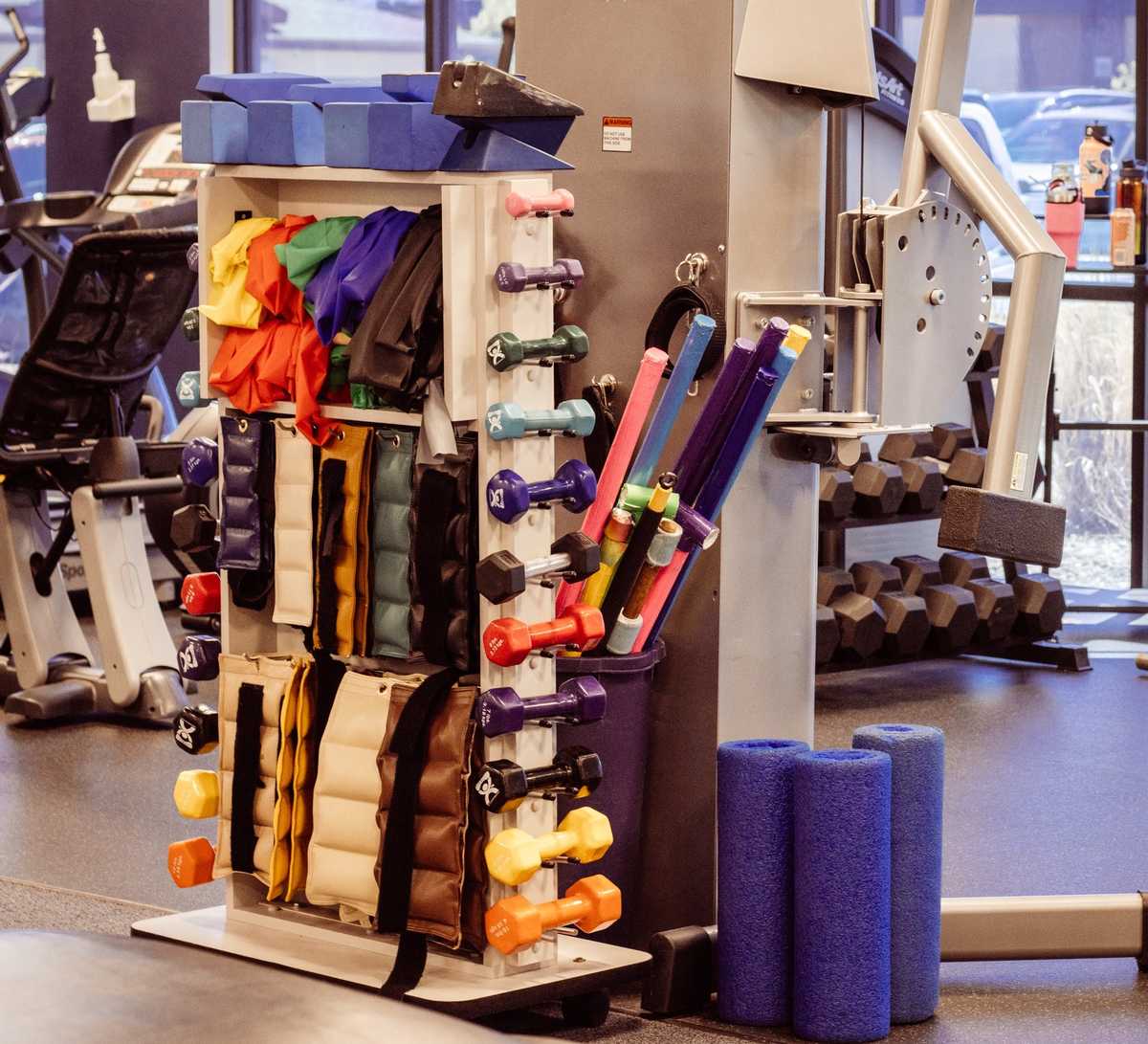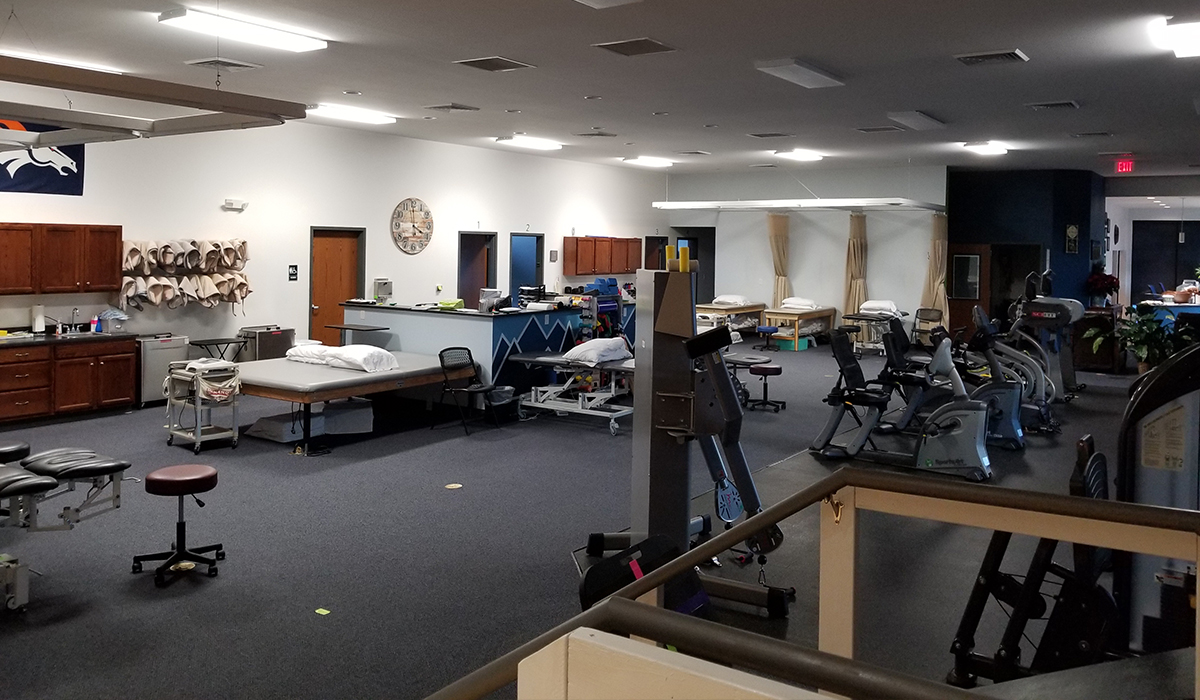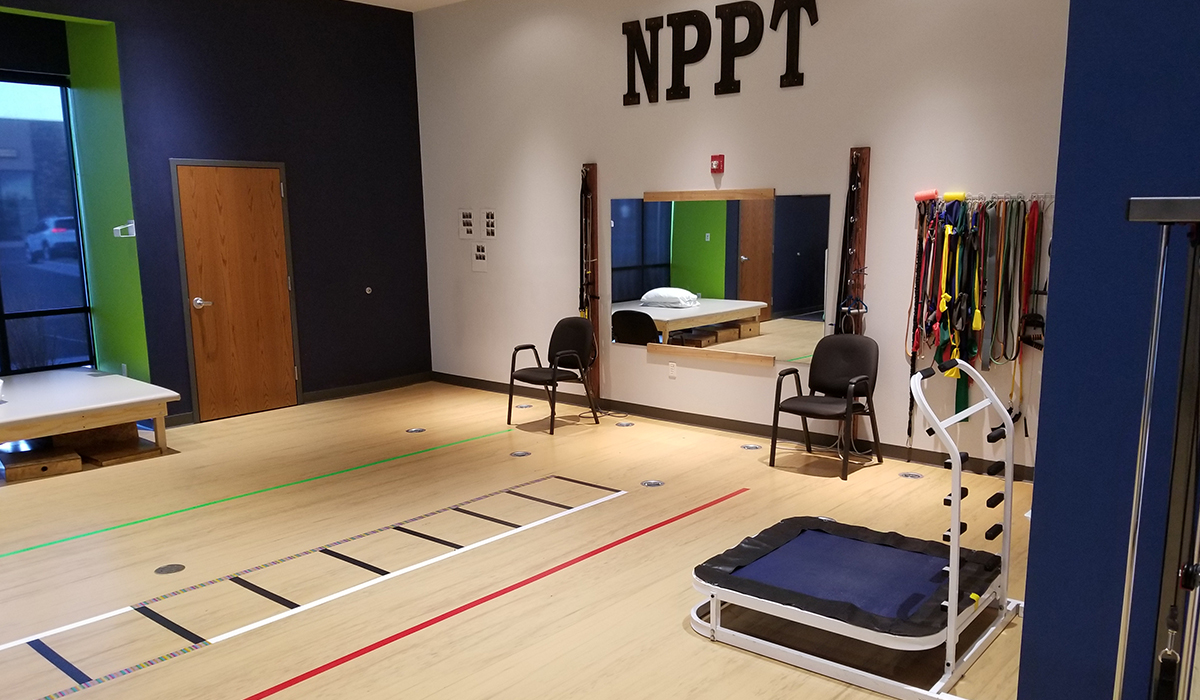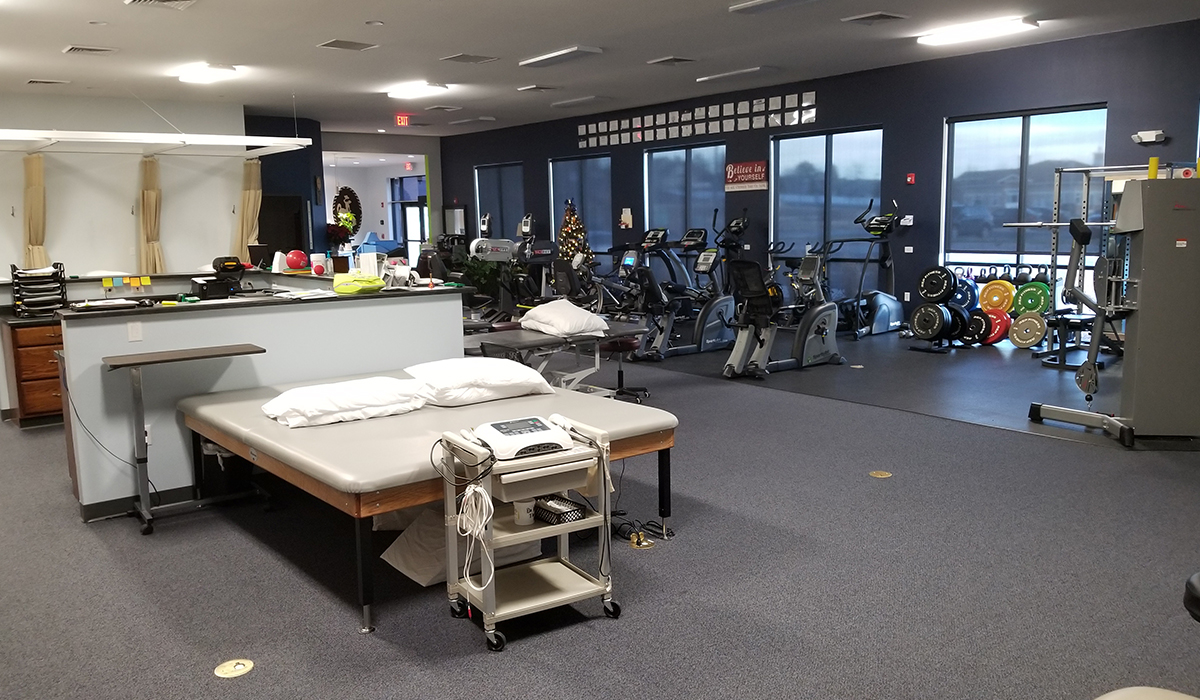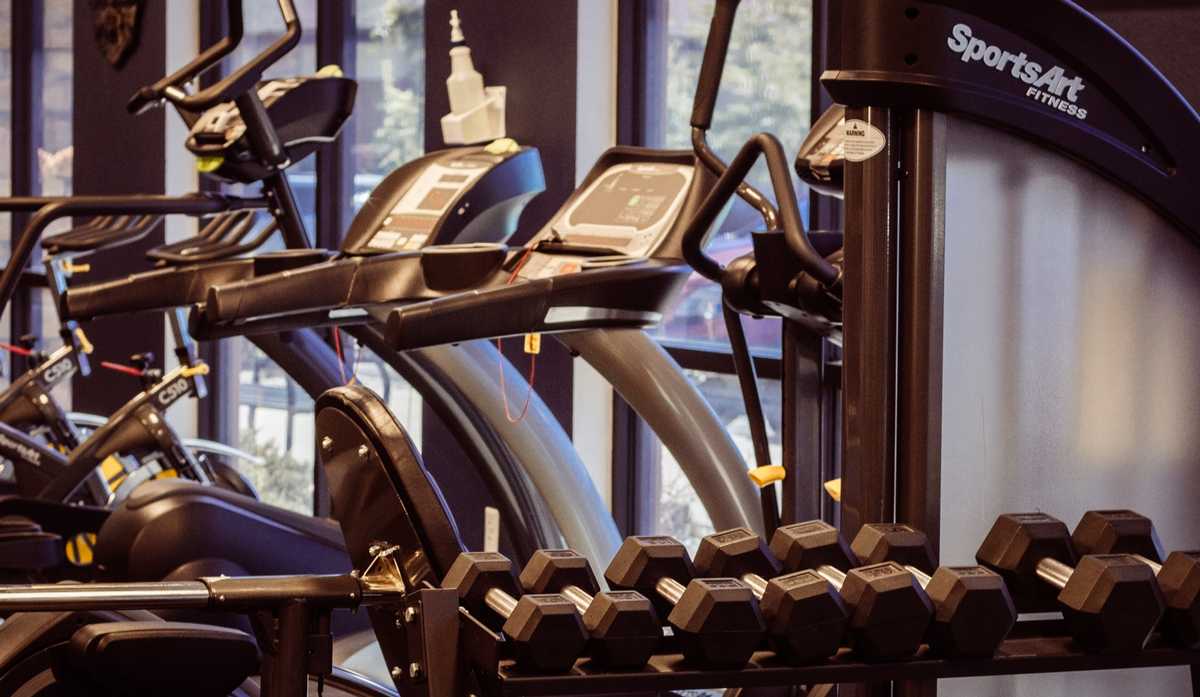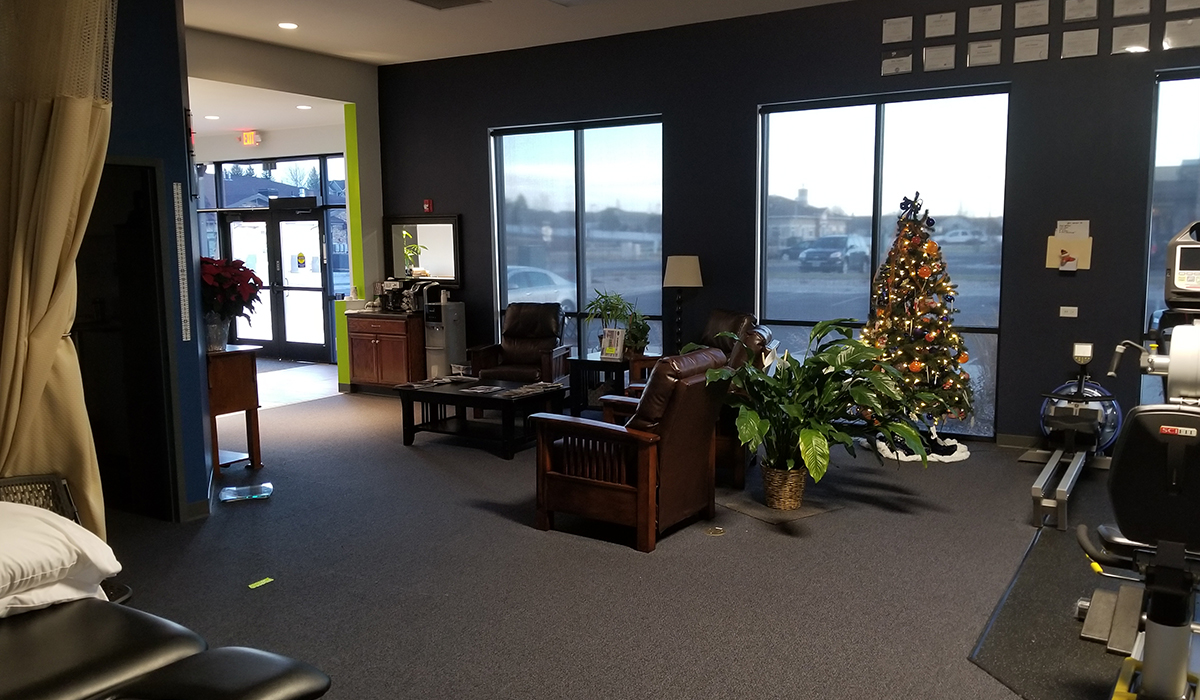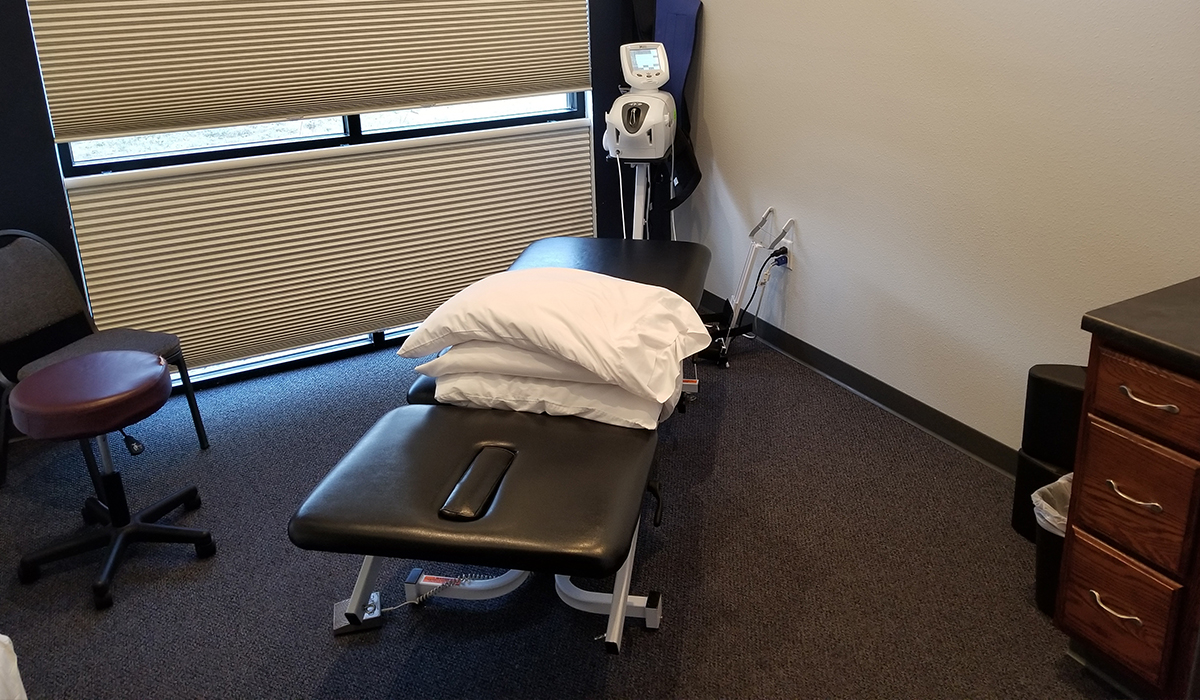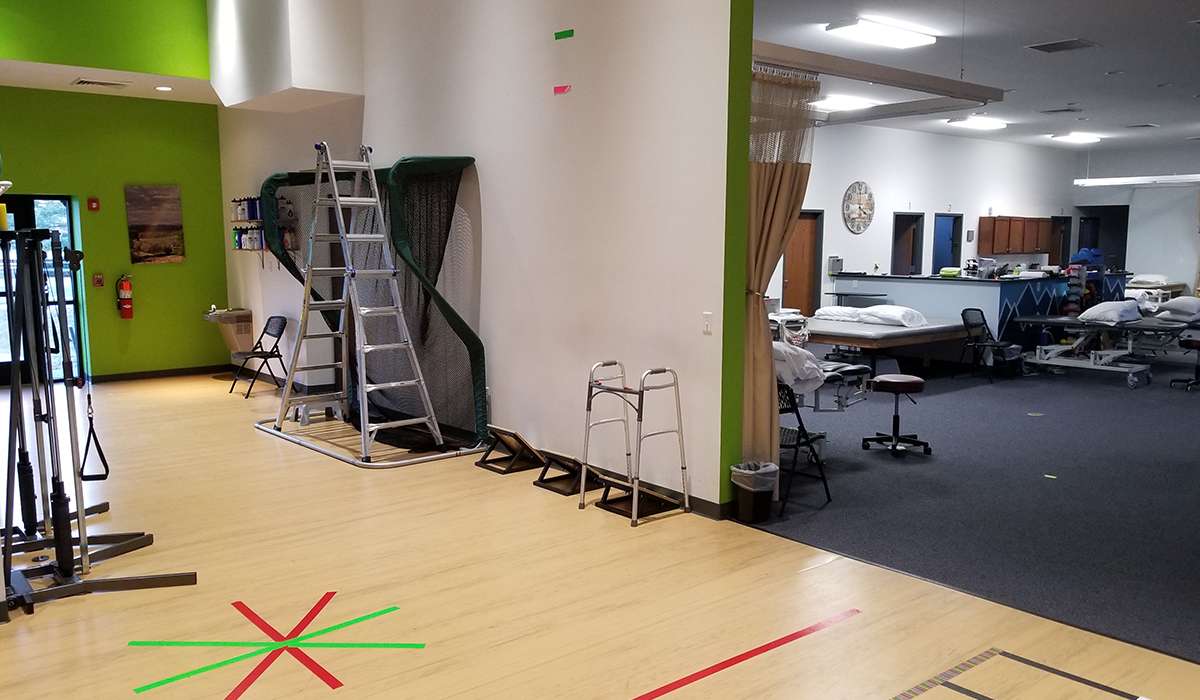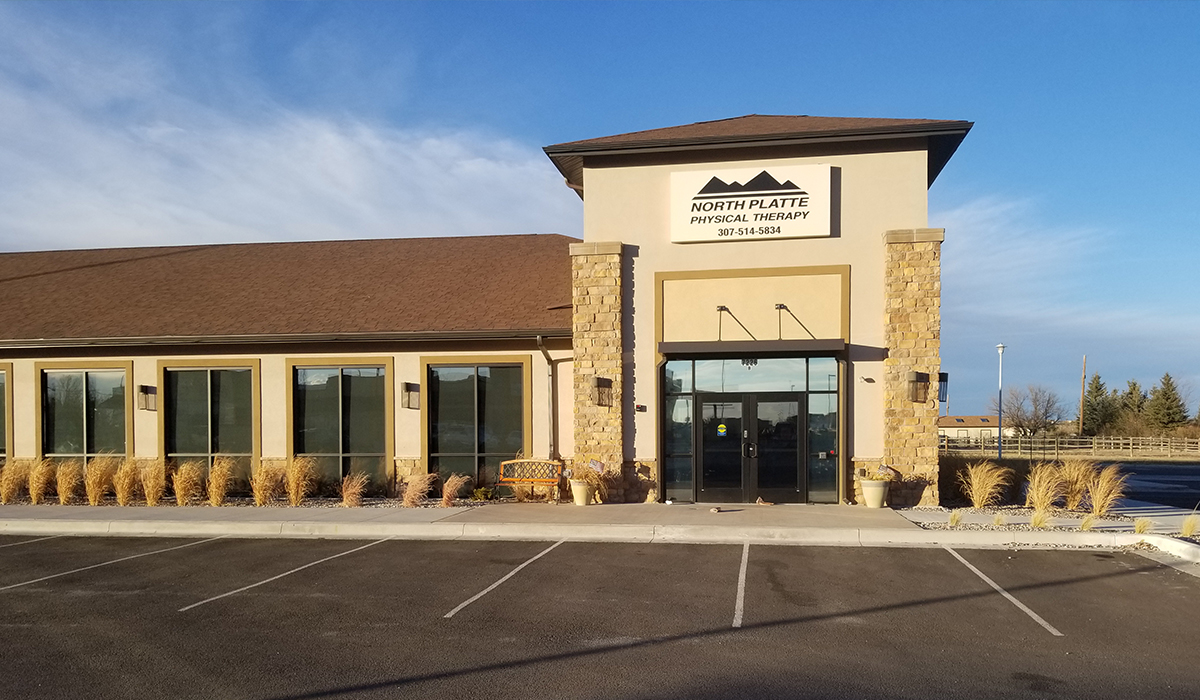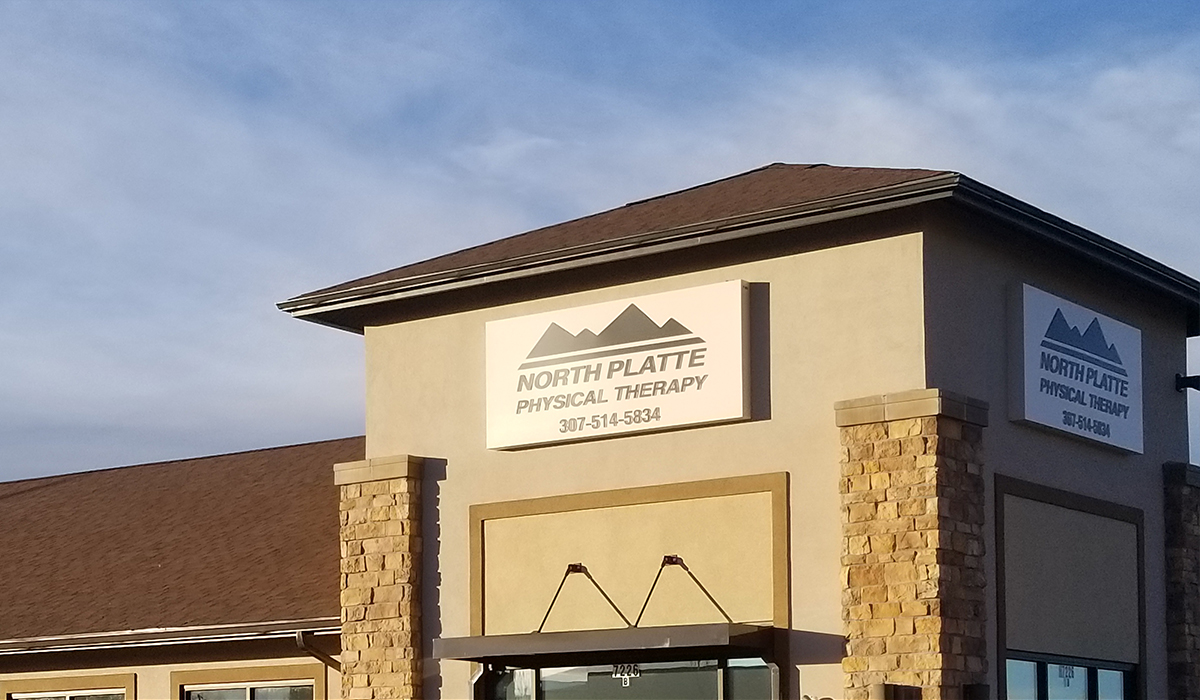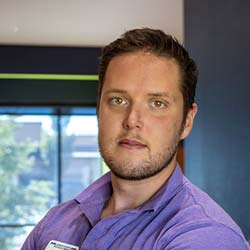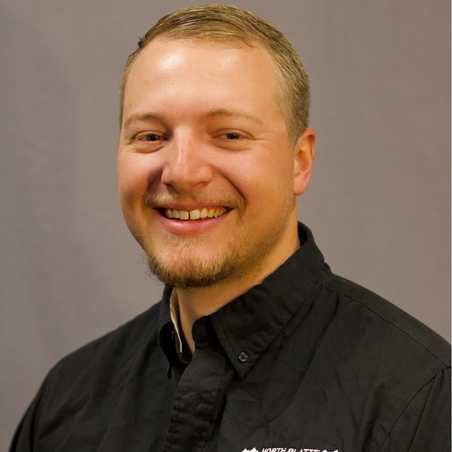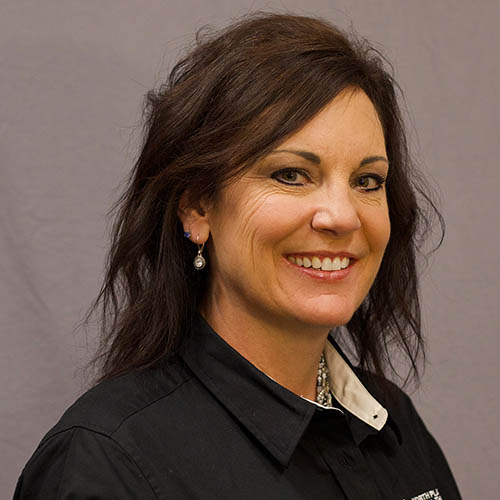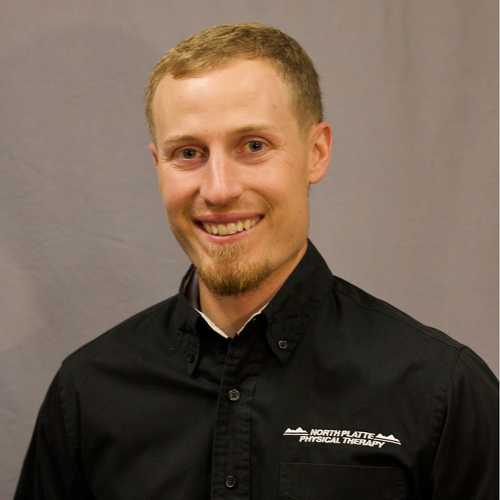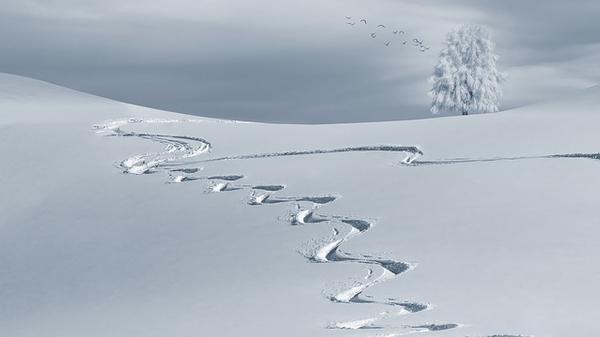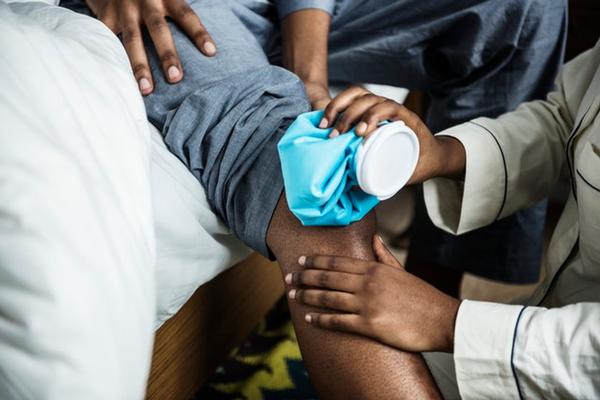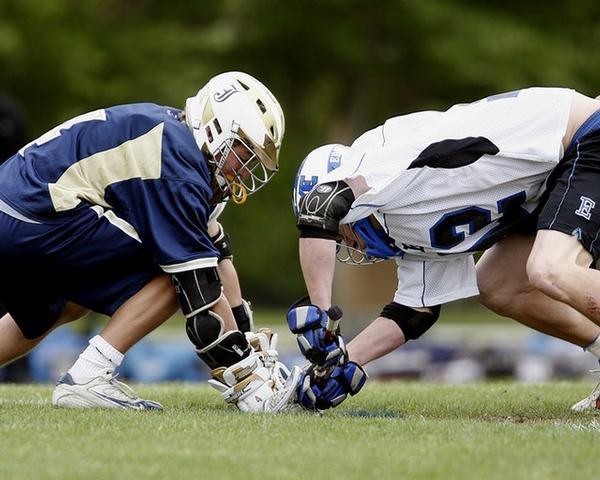North Platte Physical Therapy - Cheyenne (North)
Our company has now expanded to provide physical therapy services to the city of Cheyenne and its surrounding communities. We provide progressive, research-based intervention techniques to meet your personal rehabilitative needs. As a patient of North Platte Physical Therapy you can expect to receive the highest level of rehabilitation, a personalized plan of care designed to meet your needs, a family friendly, hometown clinical experience and exceptional outcomes so you can return to your active lifestyle. We focus on always remaining flexible to meet your needs. With same day appointments and walk-ins welcome, whatever your injury may be, we are always here for you. We will work closely with your healthcare providers to provide the most seamless recovery possible. If you have any questions on the services that we can provide or how we can best serve you please contact us or stop by so we can get you on the road to recovery.
Location Details
Address: 7226 Commons Dr, Cheyenne, WY 82009
Hours: Mon - Fri: 7AM - 6PM
Phone: 307-514-5834
Interested in scheduling at our East location? View Cheyenne East Details
Services Offered
- Arthritis Pain
- Back Pain
- Balance and Vestibular Rehab
- Biofeedback
- Biomechanical Gait Analysis
- Body Mechanics Training
- CSCS, Certified Strength Conditioning Specialist
- Chronic Pain
- Cupping Therapy
- Custom Foot Orthotics
- Custom Splinting
- Ergonomic and Worksite Evaluation
- Fine Motor Dexterity
- Fitness Screenings
- Functional Capacity Evaluations
- Graston Techniques
- Hand Therapy
- Headache
- Kinesio taping
- Modalities
- Myofacial Techniques
- Neck Pain
- Neurological Services
- Orthopedic Clinical Specialist, OCS
- Orthotic Fabrication
- Orthopedic Service
- Pediatric Therapy
- Pool Therapy
- Post Cancer Treatment
- Pre/Post Surgical Rehab
- Pre-employment Screening
- Return to Work Screening
- Return to sport exercise programs
- Running Injuries
- Self-care skills
- Sensory Integration
- SFMA - Selective Functional Movement Assessment
- Spine Care
- Sports Medicine
- Sportsmetrics
- Stroke Rehabiliation
- Tactical Training
- Tendonitis
- TPI (Titlist Institute Performance) Certified Golf Screenings
- TMJ
- Torticollis
- Trigger Point Dry Needling
- Vestibular Rehabiliation
- Women's Health
- Work Hardening/Conditioning
- Work Injuries
- Worksaver Certified Work Physicals
- Wound Care
Latest News & Info
Things to Consider When Exercising in the Cold Weather from Your Casper Physical Therapist
November 14, 2018
Warm Up Before You Workout
Ok, so you probably are already aware of the importance of warming up before you begin an intensive exercise routine. Regardless of what the activity is, warming up before you workout is an essential component of preparing your body for physical activity. Warming up can prepare your lungs, heart, and muscles for a more strenuous phase during a workout. Muscles that are warmed up are able to both contract and relax faster, reducing the possibility of muscle injury.Â
All of these factors become even more important to your physical health during cold weather, as the possibility of injury can increase with colder weather, especially for individuals who choose not to warm up. Getting your body to an ideal temperature during colder months can take a little bit longer, as you will be starting under cooler conditions. Finding the right warm up for your specific outdoor activity can also improve your body’s readiness for working out.
Stay Warm and Dry
If you’ve taken the necessary measures to warm your body up, another critical aspect of preparing yourself for outdoor physical activity during colder months is to stay warm. The importance of having proper clothing for your specific activity is crucial if you are to prevent serious injury and conditions such as frostbite and hyperthermia from occuring. If you are traveling away from your home a considerable distance, make sure to bring additional layers of clothing with you as a precautionary measure.
Consider purchasing clothing which will help keep you warm without restricting your movement or mobility. Athletic apparel has made significant strides in recent years to improve the ability to keep individuals warm without burdening them with excessive weight. It may take a degree of trial and error to figure out what the right amount of layers are for your particular activity, as having to shed layers every time you work out can be an irritating hassle to deal with.
Another important aspect to working out outside is to remain as dry as possible. If your activity involves some level of contact with snow or water, you will want to invest in clothing that is waterproof and specifically designed to keep you as dry as possible. Look into clothing that has moisture-wicking technology as a way to prevent your body from becoming excessively wet. Staying dry is key to remaining warm, as a wet body will keep you colder. This can not only make your workout miserable, but can leave you vulnerable to more serious health detriments.Â
Hydrate Yourself
During the warmer months of the year, staying hydrated is obvious and apparent to anyone who is exercising, as they will not only need water for hydration but will be motivated to drink more for cooling purposes. During the winter, it can be easy to forget about drinking plenty of water, as the cooler weather will give a person much less motivation for hydrating themselves. However, this can be a dangerous trap, as you will still need an ample amount of water if you are exerting yourself physically.Â
If you are heading to the mountains for your preferred physical activity, always bring enough water for your workout. Having too much water is never a problem, as you may surprise yourself with how much you will need to consume to maintain your optimal hydration levels. If you are going on a long hike, trail run, or are engaging in backcountry skiing, consider investing in a water storage device that will allow you to take it with you without sacrificing your performance levels. Devices such as a water bladder and pack can be the perfect option for athletes seeking to remain prepared without losing a step.
Monitor Weather Conditions
If you are heading into the mountains for your particular physical activity, it is especially important to monitor current weather conditions as a way to prepare for your activity. If you are an avid skier or snowboarder, a fresh foot of snowfall will be just what you are looking for. However, if you were seeking to take a winter hike on your preferred mountain trail, excessive snow can make your hike an undesirable or impossible feat.Â
Staying ahead of the weather can be key to maximizing your time, as you certainly don’t want to waste a day due to weather conditions. Safety should always be your top priority in every situation when it comes to exercise, and you should never sacrifice safety for the possibility of a good workout. Invest in proper gear and make sure your vehicle is ready for winter driving in the mountains prior to leaving home.
If you are looking to improve your physical health situation and are in need of physical therapy due to an accident or other physical ailments, contact North Platte Physical Therapist today and we will be happy to assist you with your first steps towards recovery. We have an extensive team of qualified physical therapists and specialists who care deeply about their clients and go above and beyond the call of duty to provide the highest quality treatment in the industry. If you are looking for a therapist who will carefully assess your individual needs and formulate a treatment plan that is specifically tailored to your needs, Peak Physical Therapy and Wellness is your preferred choice for the physical recovery process.
Knee Anthroscopy Explained by Physical Therapy in Cheyenne, WY
November 7, 2018
What is a Knee Anthroscopy?Â
A knee anthroscopy is a type of non-invasive surgical procedures to help relieve pain on and around the joint of the knee. The reason why it is called an “anthroscopy†is because a small camera, called an “anthroscope,†is placed into the knee after making a small incision. This is incision is just large enough to place a small camera through. From there, the surgeon can use special tools to go in and make various fixes to issues within the knee. It is also an excellent way to diagnose larger issues. The procedure itself is fairly quick and there are rarely common issues and complications. Knee anthroscopies are one of the top ways surgeons help those with knee issues thanks to their low risks and quick recovery time.Â
Common Reasons for Procedure
From there, a surgeon can review the inside of the knee and look for all types of issues, including:Â
- ACL reconstruction
- Bone fragments
- Cartilage issues or transfers
- Diagnosing larger issues such as arthritis
- Fractures
- Joint pain
- Patella repair
- Swelling
- Torn ligaments or meniscus
When going in for anthroscopic knee surgery, your surgeon will help make you comfortable. Given the nature of the surgery, it may often be a simple outpatient procedure that does not require an overnight stay in the hospital. By not having to open the entire knee to operate, you will enjoy being able to get back to your day-to-day routine in no time. Because it does not have as much stress on the knee as traditional surgeries, it is one of the best ways to treat an issue.Â
Using Quality Physical Therapy to Recover
Even though knee anthroscopy surgery is not as intense as a traditional open-knee procedure, it is best to work with a local physical therapist on your recovery and rehabilitation program. A physical therapist will create a customized plan specialized plan to help you regain proper movement. It is best to utilize a physical therapist as opposed to exercising on your own to help you with a successful recovery. Without the help of an expert, you could re-injure yourself or create more damage undoing all the work that was done.Â
Have you undergone a knee anthroscopy and are seeking a local physical therapist to help with recovery? Or planning for a procedure? North Platte Physical Therapy is your go-to physical therapist, experienced with common surgeries. We’ll create a customized plan for you to help to recover fast and avoid future injuries. Our experienced staff will create the perfect rehabilitation plan to help you get back to normal activities and movement. Contact us today to schedule an appointment near you.Â
Casper Physical Therapy Explains High School Football Injuries
October 31, 2018
Â
Most Common Types of Injuries
Given that football is a contact sport, injuries may occur. Some of the most common injuries experienced by student athletes include:
Achilles tendonitis: Swelling can occur when the Achilles tendon (back of the ankle) is strained.Â
Fractures: Contact or quick movements can lead to fractures in the hands, legs, and more.Â
Knee: Occurring from rapid twisting movements or contact, ligaments in the knee can be stretched or torn.Â
Rotator cuff: The rotator cuff is a primary support within the shoulder. When strained, it can lead to radiating arm pain.Â
Strains: Strains occur when muscles in an area have been overly stretched. They can be painful when overly extended or if they tear.Â
Sprains: Sprains arise when ligaments, which connect muscles to bones, are negatively impacted. They can be overstretched or tear.Â
Handling Concussions
Concussions are brain injuries, commonly due to an impact to the head, as well as quick, rapid movements. These rapid movements cause the brain to move around, causing issues. This movement can cause bruising or problems with crucial blood vessels. Upon receiving a blow, a student-athlete should be checked out as soon as possible. Signs of a concussion include:Â
- Blurred vision
- Brain fog
- Dizziness
- Fatigue
- Headaches
- Loss of consciousness
- Nausea
- Slurred speech
- Tinnitus
- Vomiting
The go-to way a student-athlete needs to recover from a concussion is to rest. Many wonder, “is it safe to sleep if you have a concussion?†If symptoms are minimal, it may be fine. It is best to go by the advice of a doctor to be certain. In extreme cases, falling asleep with a concussion can lead to a loss of consciousness.Â
Recovery and Physical Therapy
For injured student football players, it is imperative to see a local physical throughout the recovery process. A premier physical therapist will ensure your student takes proper measures for a swift and successful recovery. From there, physical therapists can help the student improve their sport. This can be done by teaching various stances and techniques to avoid injuries. Students that have not sustained an injury will still benefit from training with a physical therapist to avoid getting hurt in the future. For many students, an injury can be career ending, which is unfortunate before their actual athletic career really begins.Â
If your child has sustained an injury playing football, North Platte Physical Therapy’s sports medicine team will aid in their recovery. Specializing in student-athletes, we can help with recovery as well as athletic training. This will help your student avoid injuries in the future and become a stronger, quality athlete. Contact us today to schedule an appointment.Â
Â
